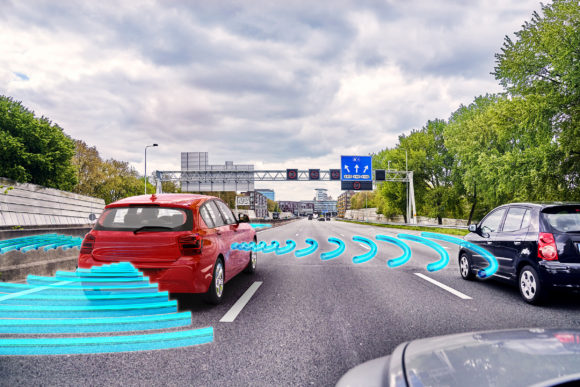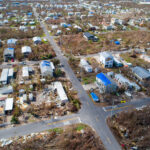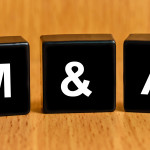U.S. auto safety regulators will unveil on Monday a voluntary effort to collect and make available nationwide data on existing autonomous vehicle testing.
U.S. states have a variety of regulations governing self-driving testing and data disclosure and there is currently no centralized listing of all automated vehicle testing.
California, for example, requires public disclosure of all crashes involving self-driving vehicles, while other states do not.
The National Highway Traffic Safety Administration is unveiling the Automated Vehicle Transparency and Engagement for Safe Testing, or AV TEST, Initiative, to provide “an online, public-facing platform for sharing automated driving system on-road testing activities.”
With many opinion polls showing deep skepticism among Americans about self-driving cars, the effort aims to boost public awareness. NHTSA plans “online mapping tools” that will eventually show testing locations and activity data.
Deputy NHTSA Administrator James Owens said in an interview that providing better transparency “encourages everybody to up their game to help better ensure that the testing is done in a manner fully consistent with safety.”
Fiat Chrysler Automobiles and Toyota Motor Corp. as well as Cruise – General Motors Co.’s majority-owned self-driving subsidiary – Uber Technologies Inc. and Alphabet Inc.’s self-driving company Waymo along with states including California, Florida, Michigan, Ohio, Pennsylvania and Texas are expected to take part, officials said.
NHTSA’s goal is to “pull together really critical stakeholders to deepen the lines of communication and cooperation among all of us,” Owens said, adding the effort was “an opportunity for the states to start sharing information among themselves.”
NHTSA will hold events this week to kick off the initiative, including panels featuring companies involved in autonomous vehicle testing such as Nuro, Beep, Waymo, Uber and Toyota.
Critics say NHTSA should mandate federal safety standards for automated driving systems.
The National Transportation Safety Board (NTSB) in its investigation of the March 2018 death of a pedestrian in a crash with an Uber test vehicle, the first attributed to a self-driving car, said in November that NHTSA should make self-driving vehicle safety assessments mandatory and ensure automated vehicles have appropriate safeguards.
Owens said NHTSA “will not hesitate” to take action if it believes unsafe vehicles are being tested on U.S. roads, but it has not adopted NTSB’s recommendations.
(Reporting by David Shepardson; Editing by Peter Cooney)
Was this article valuable?
Here are more articles you may enjoy.



 Trump’s Bond Insurer Tells Judge Shortfall Is ‘Inconceivable’
Trump’s Bond Insurer Tells Judge Shortfall Is ‘Inconceivable’  4,800 Claims Handled by Unlicensed Adjusters in Florida After Irma, Lawsuit Says
4,800 Claims Handled by Unlicensed Adjusters in Florida After Irma, Lawsuit Says  Aon Completes $13B Acquisition of Middle-Market Broker NFP
Aon Completes $13B Acquisition of Middle-Market Broker NFP  Marsh McLennan Agency to Buy Fisher Brown Bottrell for About $316M
Marsh McLennan Agency to Buy Fisher Brown Bottrell for About $316M 

